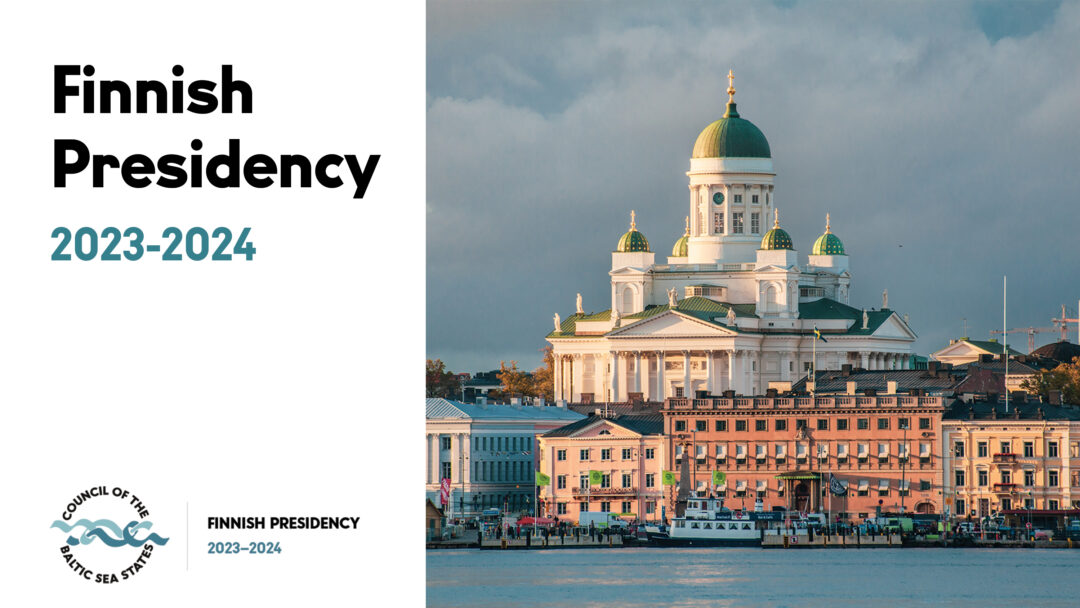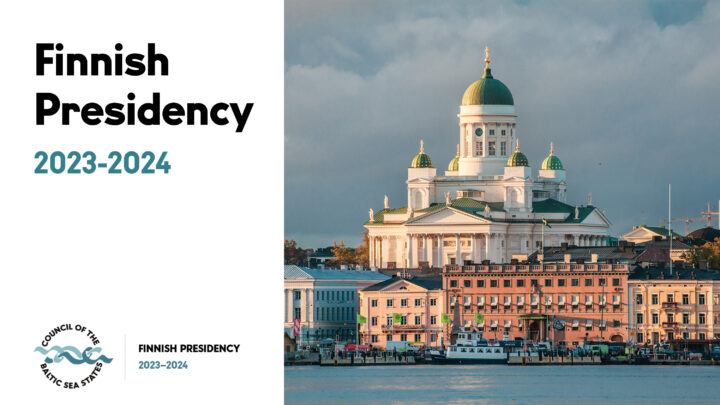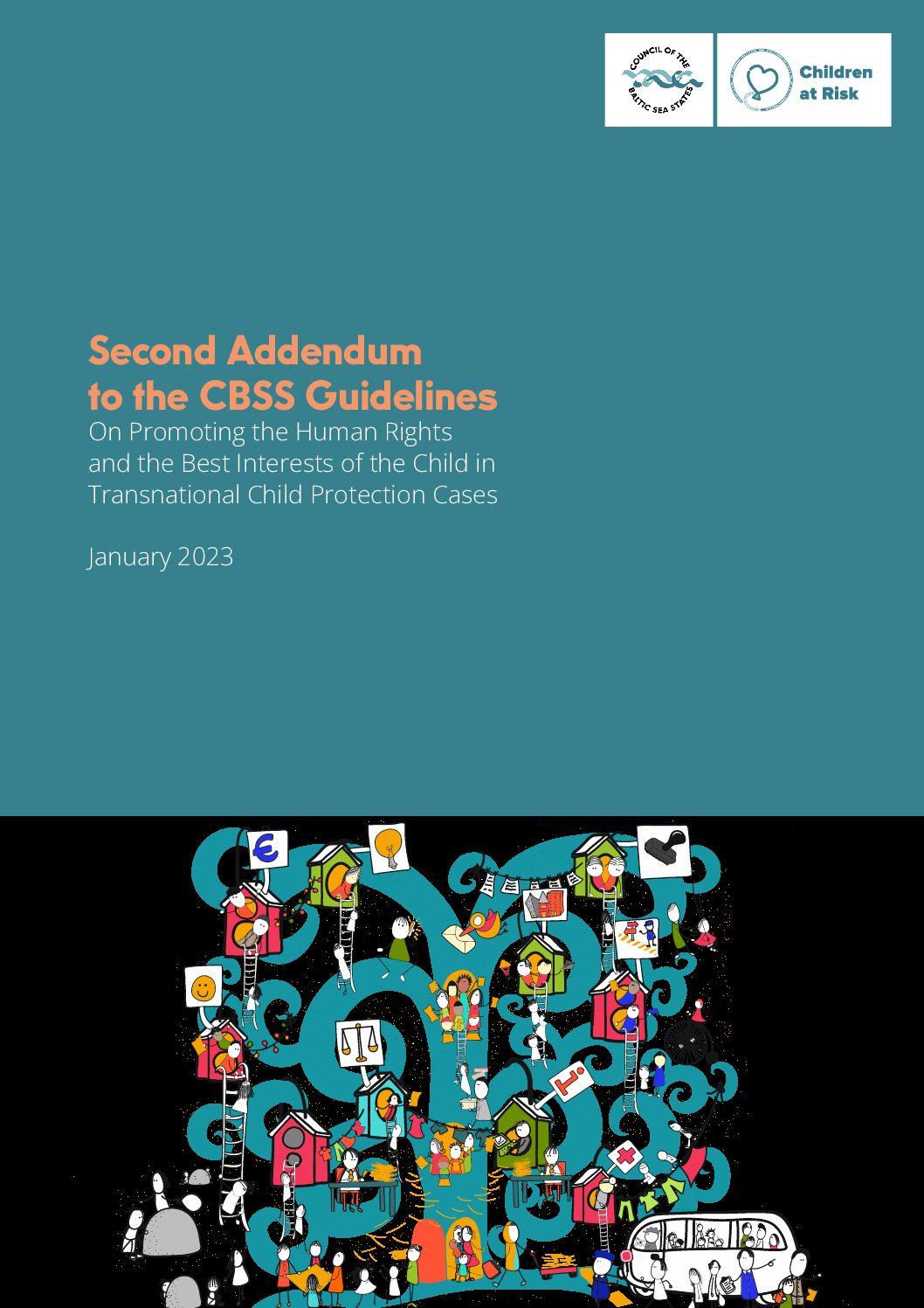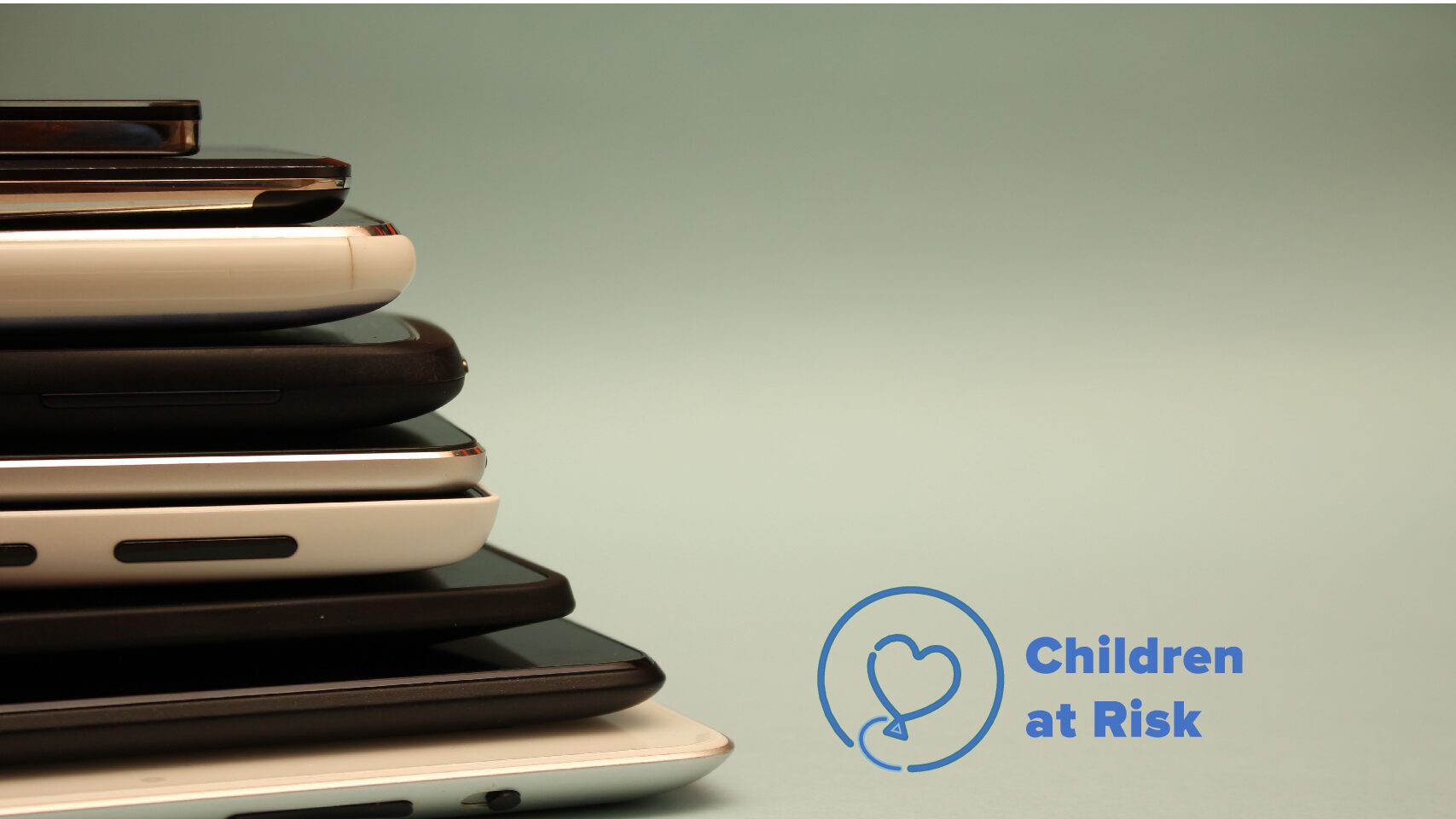
Finnish presidency 2023-2024 focuses on child trafficking
From 1 July 2023 Finland assumes the presidency of the Expert Group on Children at Risk.
The vision of the CBSS Expert Group on Children at Risk is that children in the Baltic Sea Region enjoy their rights as recognised in the UN Convention on the Rights of the Child.

From 1 July 2023 Finland assumes the presidency of the Expert Group on Children at Risk.

The German Presidency of the CBSS Expert Group on Children at Risk prioritised the protection of children and adolescents from sexual violence.

As part of their strategy for 2020-2025, the expert group mapped national child protection systems, and promising practice for prevention and early intervention.
The Expert Group’s work is guided by the Safe & Secure Region priority of the CBSS, and the 2020-2025 mandate and strategy of the Expert Group.
Strengthening national child protection systems
Promoting multidisciplinary and interagency services for child victims and witnesses of violence
Promoting law, policy and joint strategies

From 1 July 2023 Finland assumes the presidency of the Expert Group on Children at Risk.

Addressing the situations of children on the move, who are at any stage of their migration at risk of violence, abuse and exploitation, including in the context of trafficking.

As part of their strategy for 2020-2025, the expert group mapped national child protection systems, and promising practice for prevention and early intervention.

Promoting multidisciplinary and interagency service models for child victims and witnesses of online sexual violence

Register for this 2-hour training on a model developed by Linda Jonsson and Anette Birgersson for child victims of trafficking for sexual purposes, sexual exploitation…

Learn about the innovative data gathering model used in the 2KNOW project, that has been developed to collect data on online crimes of sexual violence against children.

Join us for this webinar, co-hosted by the OSCE, to learn more about the prevalence of orphanage trafficking worldwide, examine the underlying factors contributing to the phenomena of orphanage trafficking and explore the impacts of orphanage trafficking on children.

Learn about the You are Enough™ parental peer support groups for parents of child victims of online sexual violence